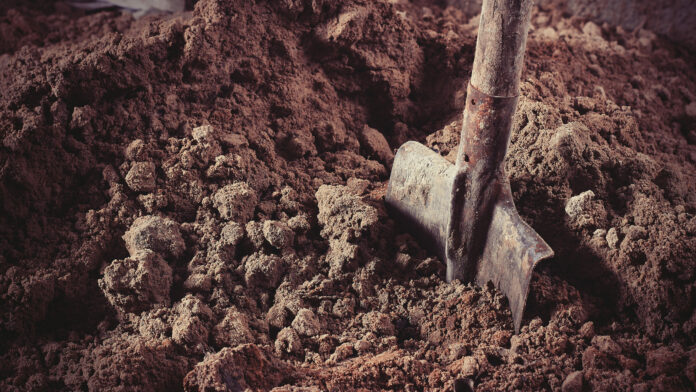
PLATINUM Group Metals (PTM) has struck an “in-principle” agreement with its partners to spend R380m preparing the Waterberg Project for development – a palladium-rich prospect situated in South Africa’s Limpopo province.
The Toronto-listed development company said today it would also start a drilling programme which would provide critical information for the update to a definitive feasibility study (DFS) first published in 2019.
The 2019 study estimated capital expenditure of about $874m for a 420,000 ounce a year mine. Since then, however, PTM partner Impala Platinum (Implats) has decided not to take up a control option in the joint venture, and has suggested a smaller project be developed.
PTM owns 50.01% in the Waterberg Joint venture, with Implats as a 13% minority. The other joint venture members are Japan Oil, Gas and Metals National Corporation (12.2% stake), Korea’s Hanwa Company (9.75%) and Mnombo Wethu Consultants (26%), a black-owned South African company.
PTM chairman and CEO, Frank Hallam said that whilst the pre-production work was being rolled out on site, his company would work on a third party concentrate offtake agreement as well as an alternative plan to build its own smelter and refinery.
A concentrate agreement has proved a potential sticking point between PTM and Implats as the South Africans want to use it in order to negotiate a smaller project to be developed at a later stage. Implats has a right of first refusal on the concentrate offtake which PTM said it would be able to circumvent.
Building its own processing facilities would be a third, far more expensive option for the Waterberg JV partners. “PTM plans to assess the potential establishment of a new smelter and base metal refinery business, jointly with third party investors, capable of processing Waterberg concentrate,” said Hallam today.
The work programme will focus on initial road access, water and electrical supply as well as site facilities and the advancement of a social and labour plan. The DFS will conduct a review of cut off grades, mining methods, infrastructure plans and dry stack tailings options as well as “potential revisions to the project’s financial model”.
The in-fill drilling programme would cost R23m to complete.









